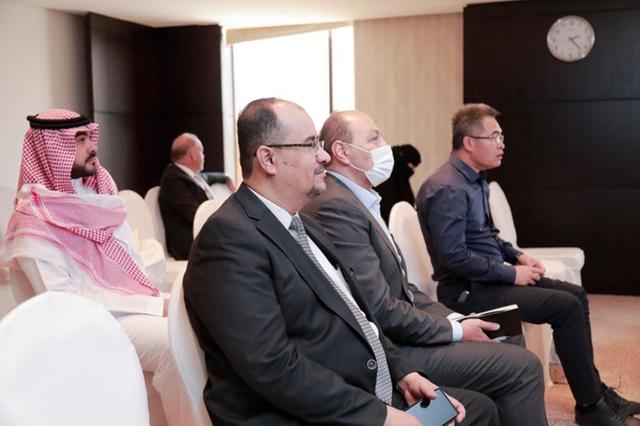The Pearl Initiative, a non-profit organisation focused on corporate accountability and transparency in the Gulf region, hosted a two-day convening in Riyadh featuring members of its newly launched working groups. Attended by over 100 business leaders and executives from across the Gulf region, the workshops brought together compliance leaders and diversity and inclusion specialists focused on instilling a culture of compliance and integrity in the workplace and driving diversity and inclusion strategies to achieve business growth and sustainability.
The sessions featured eight senior executives from leading organisations in Saudi Arabia including Chalhoub Group; General Electric; KPMG Saudi Arabia; PwC Middle East; SABIC; stc; & Tamer Group. The sessions discussed the importance and key practices in business integrity, diversity and inclusion in the workplace.
The first session on ‘Driving Best Practices in Integrity in the Workplace’ featured keynote sessions from Jaleel Ghani, the General Manager for Corporate Ethics & Compliance at stc; Baker Sindi, the Senior Manager for Compliance Programs MEA at SABIC; and Wasif Muhammad, the Chief Risk Compliance Officer at Tamer Group. The speakers highlighted the importance of incorporating integrity within the organisational culture and its correlation to higher productivity, profitability, lower attrition, increased trust within the company, and overall goodwill. There was a lot of emphasis on the need to drive a cultural transformation and instill integrity in employees’ behaviour.
Praising the Pearl Initiative for its commitment to promoting corporate governance best practices, Wasif Muhammad, Chief Risk Compliance Officer at Tamer Group, discussed the practical steps Tamer Group had taken to achieve operational success, particularly regarding the implementation of anti-bribery and anti-corruption controls and anti-money laundering practices. “Policies and practices relating to integrity emulate our Code of Business Conduct, which is the foundation of what is expected of all employees in the organisation,” explained Wasif. “These expectations must be founded on the best principles and intent to ensure all employees and stakeholders demonstrate good ethical behaviour”. In addition, he outlined how the challenges remain in ensuring the supporting documents for compliance policies and procedures are relevant and up to date.
The second session on ‘Driving Diversity and Inclusion Strategies in the Workplace’ included presentations from Kholoud Mousa, Partner and Head of Inclusion, Diversity & Equity at KPMG Saudi Arabia; Sultan Albalawi, General Electric Director of HR for Saudi Arabia & Bahrain; and Zina Janabi, Inclusion & Diversity Director at PwC Middle East. Kholoud Mousa said that it is vital to create an environment where everyone can live up to their full potential. KPMG Saudi Arabia hired their first female in 2007 and has over 70 women in managerial positions today. In KSA, KPMG has mainly recruited Saudi nationals, where 52% of them are females. Inspired by the Saudi Vision 2030, the companies shared details on successful initiatives, focused on leadership accountability, employee awareness programmes, societal and client initiatives, and the formation of women networks, support groups and mentorship programmes. Speakers highlighted how diversity and inclusion are vital for enhancing brand reputation and developing a culture that fosters equal opportunity, respect, and innovation. They also outlined the initiatives such as mentorship and sponsorship programmes, which enabled talent retention and progression across different departments of the company.
In line with Pearl Initiative’s Vision 2025 to engage businesses and drive collective action for corporate governance, the sessions emphasized the importance of sharing information and best practices as well as the challenges. The sessions facilitated dialogue between companies and other stakeholders on promoting a culture of integrity and an inclusive workforce through the dissemination of knowledge and expertise.

